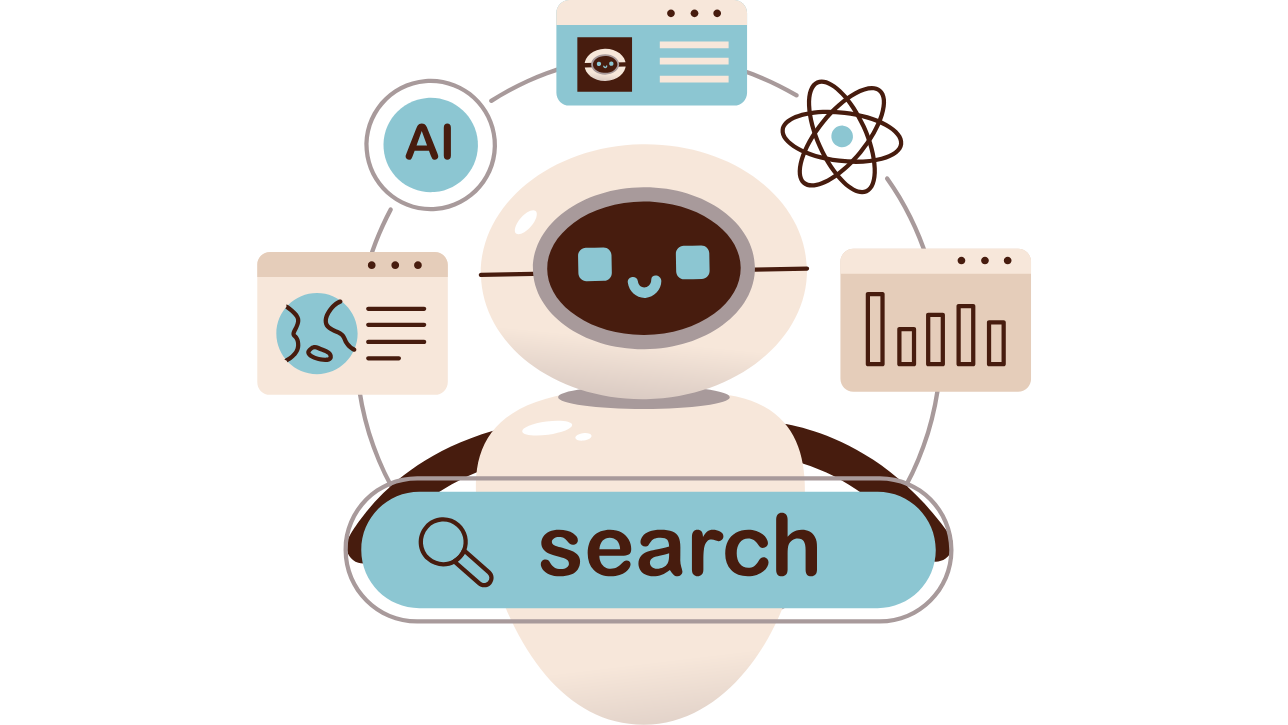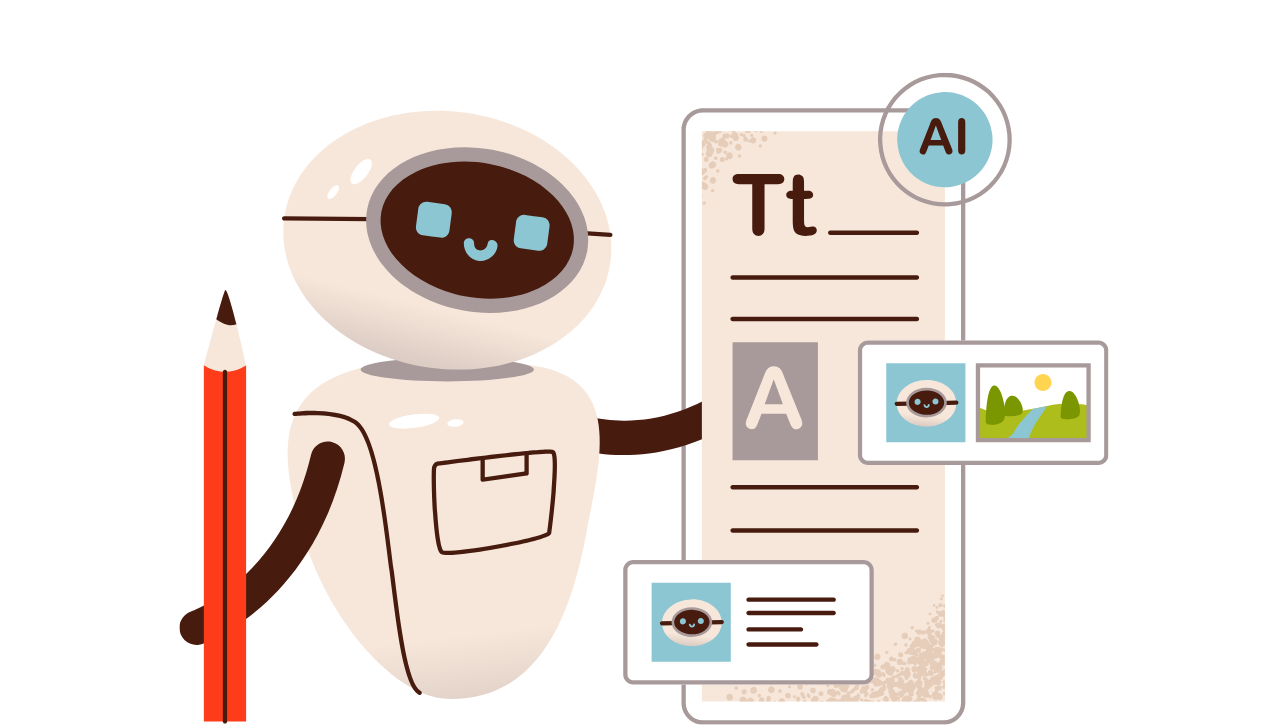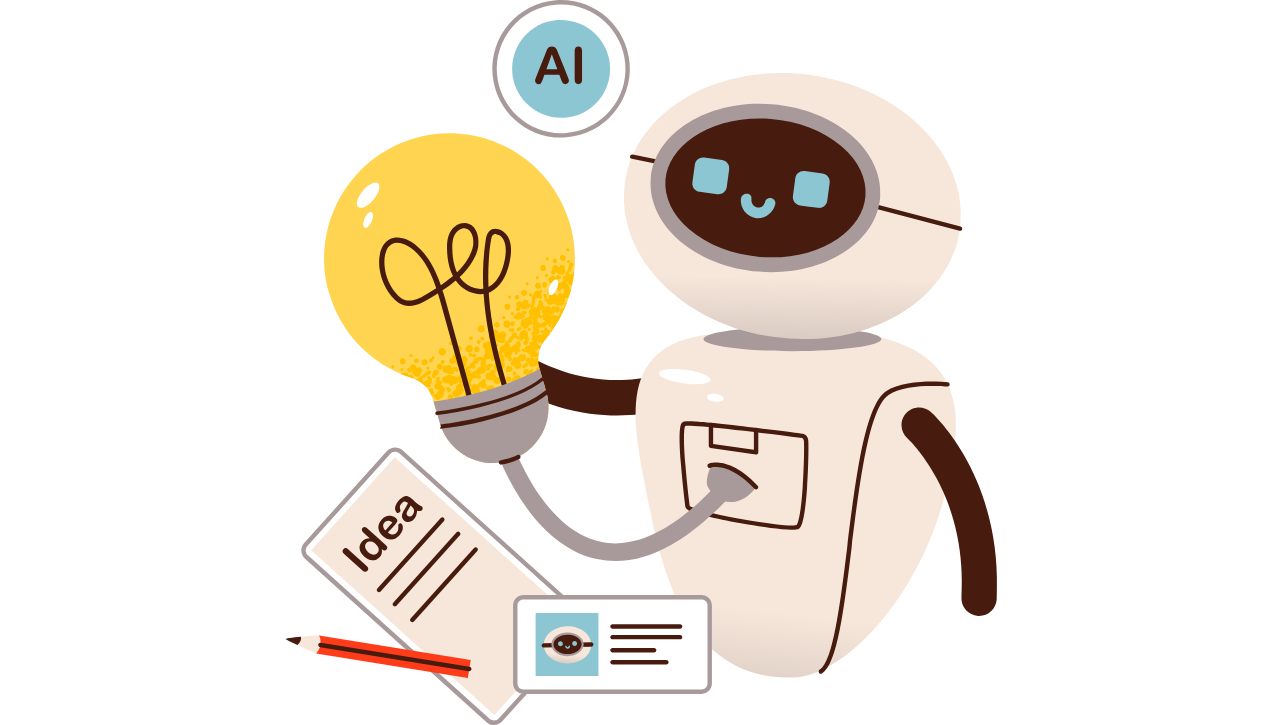
Artificial Intelligence (AI) is revolutionizing various sectors, with the travel industry being one of the most significantly impacted. In 2025, AI technologies are enhancing the travel experience by offering personalized services, streamlining operations, and improving customer satisfaction. This article explores the key ways AI in travel is reshaping the future of travel technology this year.

Top 3 AI trends revolutionizing the travel industry in 2025
The travel industry in 2025 is no longer operating under traditional models. With the integration of AI technologies, every aspect—from service bookings and customer support to the actual travel experience—is influenced by AI.
Big data and ai combine to understand customer behavior
Every search, click, and purchase by travelers generates vast amounts of data. AI analyzes this data to accurately understand customer needs, enabling personalized suggestions for destinations, services, and promotions. This approach simplifies the process of selecting tours or accommodations, enhancing user experience and increasing conversion rates for businesses.
Intelligent chatbots replace traditional customer service
AI-integrated chatbots can respond instantly, assisting users 24/7 in multiple languages. With just a few actions, customers can obtain information about tours, ticket prices, cancellation policies, and more without contacting staff. These chatbots also remember interaction history to provide increasingly accurate answers, thereby improving customer satisfaction.
Voice and image recognition in airport procedures
AI technology is being applied in major airports with facial recognition for automatic check-ins, reducing queue times. Smart baggage scanning systems can detect prohibited items, aiding security personnel in enhancing inspection efficiency. Additionally, some airlines have implemented voice-activated communication, allowing users to interact without touching devices.

How is AI powering the future of tourism?
One of the most noticeable impacts of how AI is used in tourism is its ability to personalize each user's journey. Travel experiences are no longer generic but are now uniquely tailored to individual preferences.
AI analyzes booking behavior to suggest ideal itineraries
From web search history, travel frequency, preferred times, to spending budgets—AI analyzes all these factors to offer the most suitable travel suggestions. Users no longer need to plan from scratch; they can choose from available suggestions, saving time while ensuring alignment with their travel preferences.
Automatic suggestions for hotels, tours, and destinations based on personality
Based on habits and interests, AI systems categorize users into groups: relaxation seekers, adventure enthusiasts, food lovers, or cultural explorers. Consequently, the suggestions provided are deeply personalized. For instance, someone who frequently chooses homestays in mountainous areas will be prioritized for nature tours, trekking, or community-based travel.
Tailored itineraries based on weather, budget, and preferences
AI can also integrate factors like weather conditions, current budget, and available time to create the perfect itinerary. If the weather is unfavorable, AI can automatically adjust outdoor activities to indoor attractions like museums or theaters, or suggest alternative destinations with better weather.
Optimizing operations for travel businesses
AI benefits not only consumers but also helps travel businesses enhance operational efficiency, reduce costs, and optimize revenue.
Analyzing seasonal demand to optimize tour and room inventory
With the ability to predict customer demand based on time of year, AI assists businesses in proactively developing suitable products, minimizing service surplus or shortages. The system can recommend the number of rooms to reserve and tours to implement, enabling more effective inventory management and preventing waste and revenue loss.
Automating email marketing, upselling, and customer support
AI personalizes email marketing content for each customer segment, from destination suggestions to additional services like insurance, airport transfers, or short tours. Moreover, the system automatically sends reminder emails, post-trip follow-ups, or suggestions for the next journey, helping businesses retain customers effectively.
Predicting market trends with real-time data
AI can scan data from social media, search engines, and booking platforms to capture emerging trends. This capability allows businesses to make quick decisions, adjust marketing strategies, or product offerings in a timely manner, staying in sync with the market and ahead of competitors.

Risks & realities of using AI in travel
Despite its evident benefits, the application of AI also presents challenges that businesses must address. A cautious approach and well-planned implementation are necessary to optimize effectiveness and minimize risks.
Protecting personal data privacy
AI requires data to function effectively, but if not strictly protected, customers' personal information may be misused or leaked. Businesses must comply with data security regulations and establish robust systems to safeguard personal information, ensuring user rights are protected.
Emotional connection risks due to over-reliance on technology
AI can handle large volumes of work quickly, but it cannot fully replace the emotional connection and understanding between humans. In special situations, human elements remain crucial in creating a distinctive customer experience.
Investment costs and technical requirements
To effectively apply AI, businesses need to invest in technological infrastructure, specialized software, and skilled technical staff. For small and medium-sized enterprises, this can be a barrier without a clear strategy and appropriate implementation roadmap.

Exploring the next wave: how AI will open new doors for vietnam's travel industry
Despite numerous challenges, AI in the travel industry is opening significant opportunities for Vietnamese travel businesses, especially startups and tour operators undergoing digital transformation.
Opportunities for young businesses and travel tech startups
With flexibility and quick adaptability, young businesses can apply AI to develop new products, improve services, and reach global customers. These companies often have advantages in digital thinking and easy access to new technologies, creating a competitive edge.
Lessons from international enterprises
Many large travel corporations like Booking.com, Expedia, and Trip.com have successfully implemented AI in their operations and marketing systems. This serves as clear evidence that technology is the shortest path for businesses to achieve sustainable development in a highly competitive environment.
AI is creating a turning point in the travel industry, making every experience smarter, more personalized, and more efficient than ever before. From analyzing customer behavior to automating operations, AI in travel helps both travelers and businesses save time, optimize costs, and enhance service quality. Although challenges regarding data security, technological dependence, and investment costs remain, AI in tourism industry is no longer a future trend but an inevitable reality in 2025. Businesses that leverage AI early will lead the digital transformation race in the modern travel industry.
📞 Contact and buy Way2go Travel SIM Today!
Website: https://way2go.vn
Hotline: 090.222.7715
Email: [email protected]
Enrich your travel experience while staying connected
